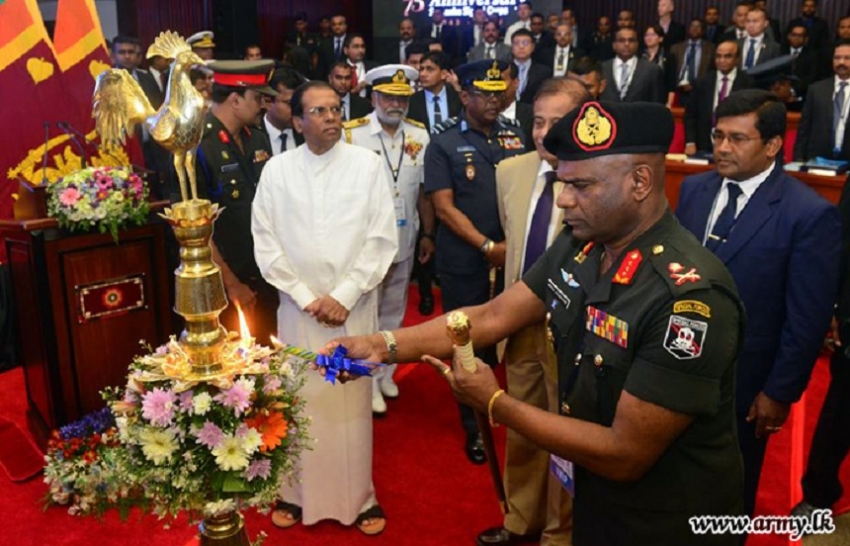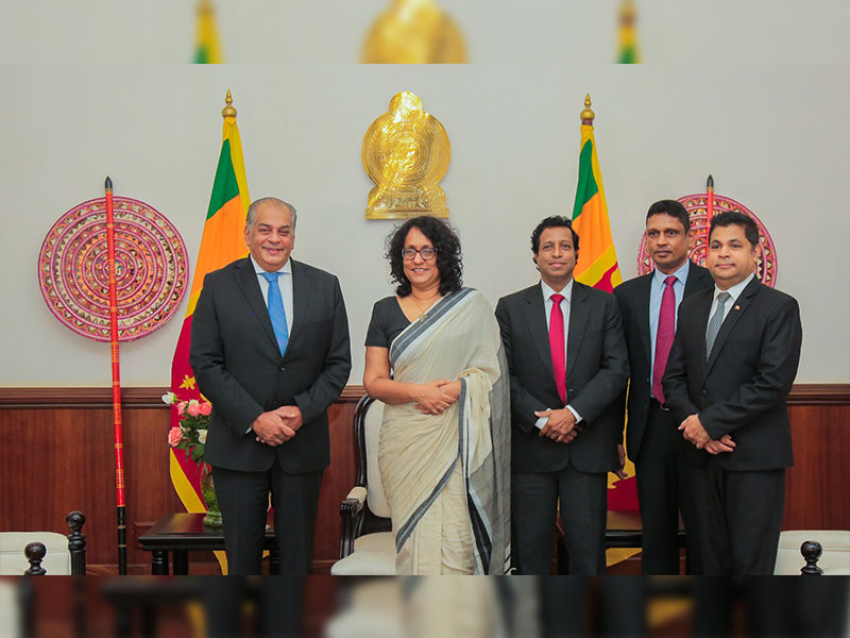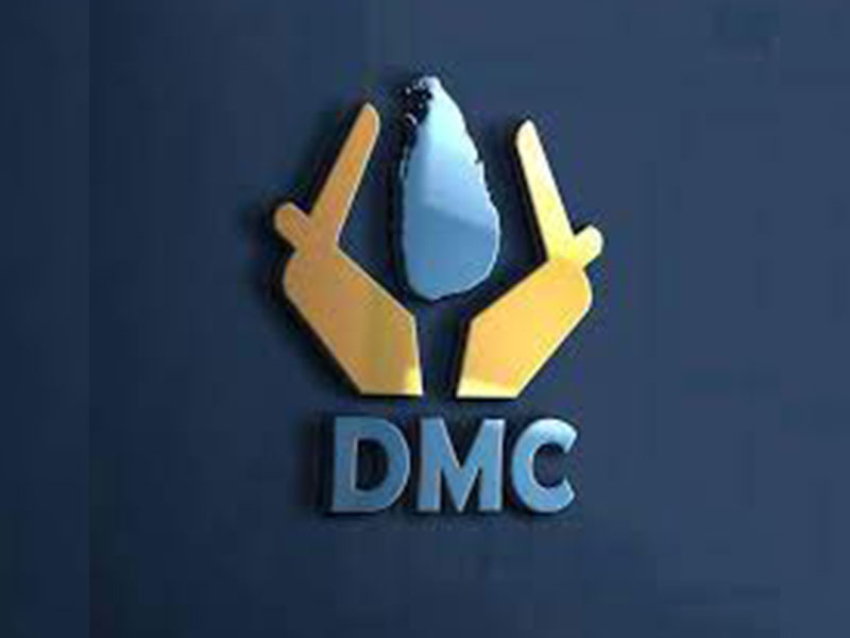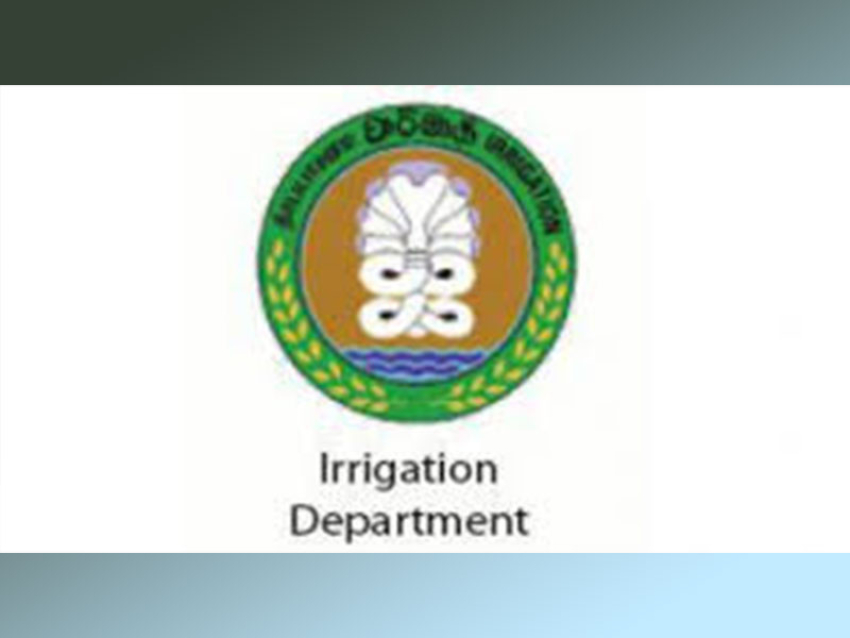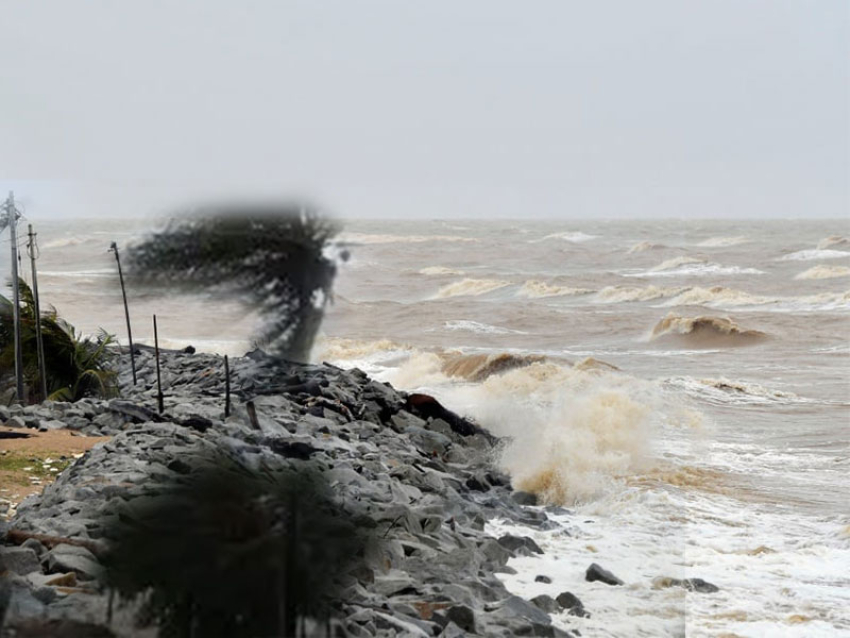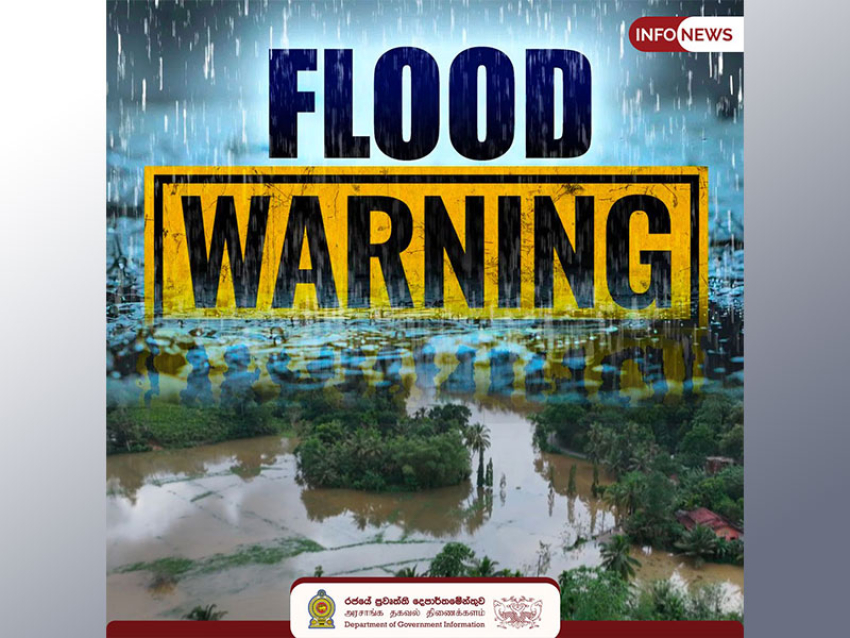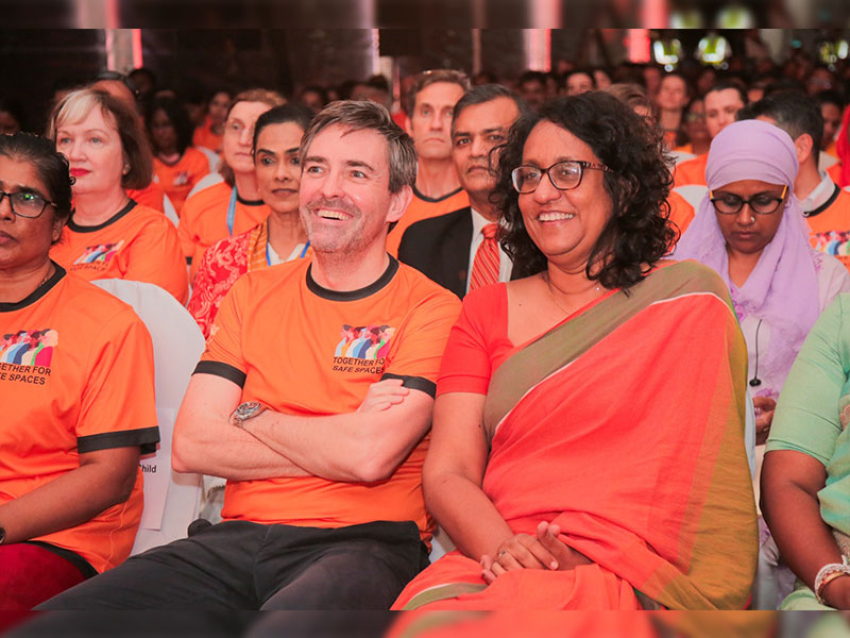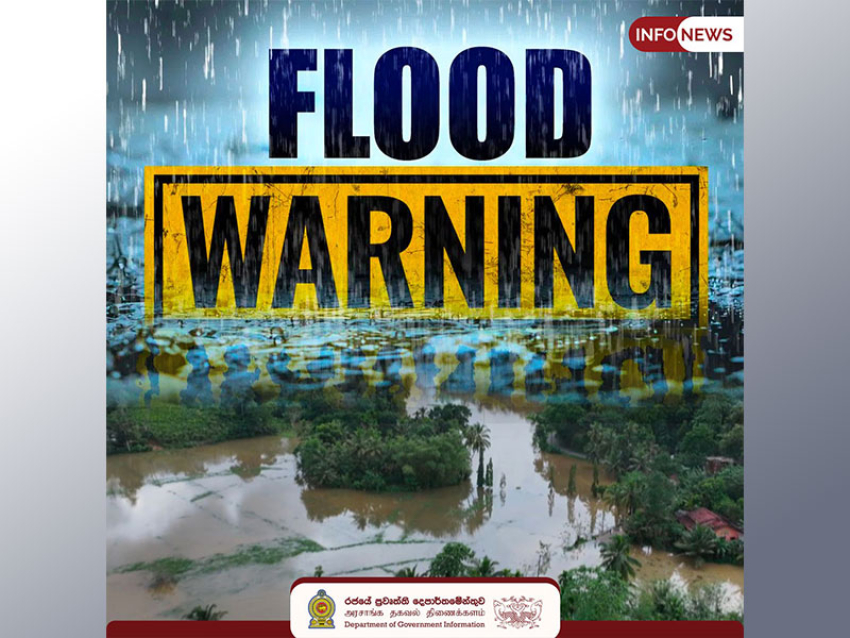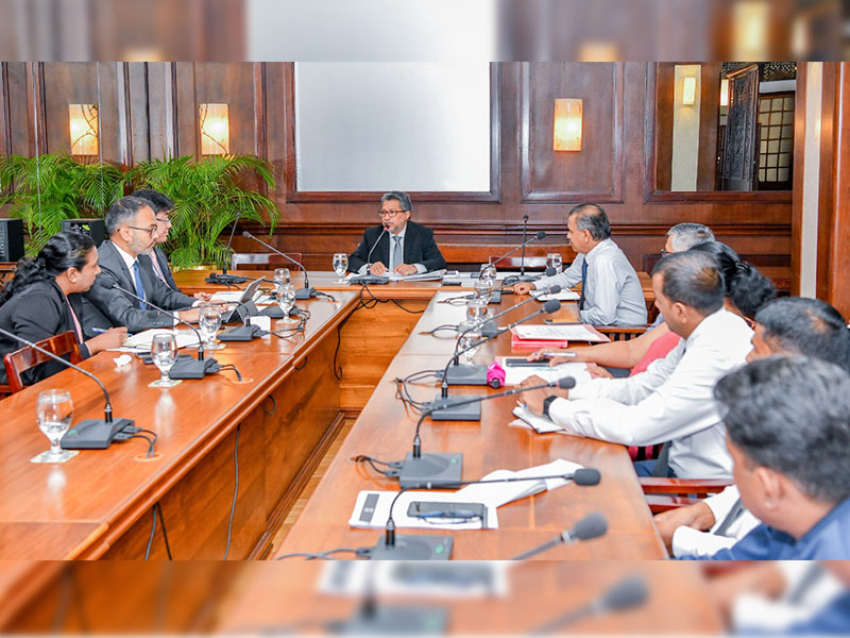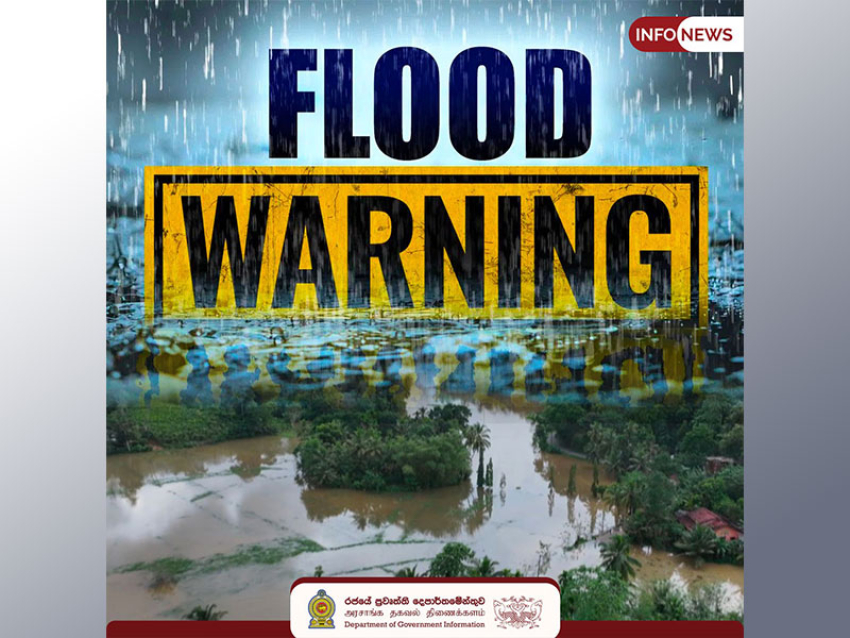The simultaneous opening of the ICT Exhibition at the Sirimavo Bandaranaike Convention Centre in the same premises with more than 160 exhibition stalls by the day’s Chief Guest added further significance to the 75th Anniversary of the SLSC which boasts a landmark history of laudable achievements spanning over seven decades.
The Symposium, comprised of ICT experts from more than 10 countries, including India, China, UK, Pakistan, Singapore, Bangladesh, etc and a mammoth group of representatives of ICT-related industries, got to a ceremonial start after lighting the traditional oil lamp. President Maithripala Sirisena, flanked by Secretary Defence, Secretary to Ministry of Post and Telecommunication, Tri-service Commanders, Inspector General of Police, SLSC Colonel Commandant and a few distinguished invitees, including foreign representatives joined the lamp-lighting tradition.
Major General Ajith Wijesinghe, Colonel Commandant, SLSC and Military Secretary who has been the heavyweight behind the success of mega 75th Anniversary arrangements afterwards rose to his feet to deliver the formal welcome speech at the Symposium, in which he elaborated on the importance of opening of a learning platform of this nature to both for local scholars and foreign intellectuals at a time our complex world is being rebuilt by Internet and threatened in the cyberspace.
In his opening remarks, the Commander of the Army, Lieutenant General Mahesh Senanayake highlighted the significance of understanding the challenges of cyberspace before us.
“The soft power generated in the Cyberspace can play a vital and decisive role in the modern day battlefields. In other words, when the battlefields become automated, when the weapon systems are getting more remotely controlled, when communication systems combined with data transmissions become network centric and when the soldiers in the battlefield are equipped and fed from automated information systems of video, voice and data; we must not forget that all such systems are highly vulnerable for cyber threats.”
“Therefore, the future battlefields are essentially required to operate in Cyber Environments, both Offensive and Defensive nature. In this context, as the Commander of the Sri Lanka Army, I strongly believe, Cyber and operating in Cyber Environments is an essential capability that the Sri Lanka Army should possess. We have a Cyber Security Regiment in the Army today.”
“We need to explore the cyber domain further and further and need to develop our capabilities mainly in the defensive sub domain. Then, it will further strengthen the Sri Lanka Army’s endeavor to become “Capacity based sustainable Army”. Therefore, I strongly believe that, this initiative by Sri Lanka Signal Corps to conduct a Cyber Security Symposium perfectly match the vision of the Army.” (See the full text of his speech in Highlights).
The keynote speaker for the inaugural session, Mr Hemasiri Fernando, Secretary Defence setting out a couple of perspectives, connected to the ICT before the audience warned that the cyberspace activities would cripple the entire human race and would basically stop almost everything in the world due to the so called ‘connectivity’. Day by day youths are getting attracted and with cyberspace development money laundering and cybercrimes get a free hand as cyber dealings are also getting more and more.
“At the stroke of a button, you can cause a massive calamity and jeopardize national security concerns. We need to look at it as a threat to the very human existence. We saw how the US attached the prime priority to cyberspace threats and we also knew how it worked during US elections as they alleged. Considering what is going on, a cyberwar is inevitable and it is the result of this wide connectivity. The things would become further worsened unless due attention is paid and the expansion carefully examined and arrested on time,” Mr Hemasiri Fernando added.
Lieutenant General Mahesh Senanayake, presented mementos to HE the President, Secretary Defence and Secretary to Ministry of Post and Telecommunication before the inaugural session came to an end as tokens of goodwill.
The full day Symposium focused on “Sri Lanka’s Military Readiness for Cyber Defence - Towards a Cyber-secured Digital Military” (Dr. Sanjeewa Weerawarna), “Military & Civilian Collaboration Framework for Cyber Defence” (Mr. Roshan Chandraguptha), “Use of RF Spectrum to Evolve a Modern Cyber Warfare Doctrine” (Lieutenant General Rajeev Sabherwal, SO in Chief, Indian Army), “Waging Electronic Warfare in Cyberspace” (Brigadier General Shaikh Muhammad Rizwan Ali Bangladesh Army), “Military Exploitation of Technological Advancement in Cyberspace” (Major General Hafeez Ur Rahman, SO in C Pakistan Army), “Cyber & International Law” (Major General Jon Cole, DIT, Chief Information Officer, British Army), “Building Global Expertise for National Level Cyber Defence” (Mr Goh Eng Choon, Deputy President, Cyber Security Systems, ST Engineering, Singapore), “Managing Emerging Cyber Threats” (Mr. Gaurav Agarwal - Managing Director at Symantec, India & SAARC) and “Developing a Regional Interoperable Cyber Security Capability” (Prof. Zai Lidong, Director, China Cyberspace Security Association, China) under different segmented Sessions on the day under three sub topics, ‘Sri Lanka’, ‘Regional’ and ‘Global’.
These three Sessions were chaired by Major General N.M Hettiarachchi, Chief Signal Officer (CSO) of the Sri Lanka Army, Major General Jon Cole, Chief Information Officer, British Army and Mr Boshan Dayaratna, Group Director/Chief Executive Officer, CICRA Holdings. The question and answer interactions at the end of each Session enabled the participants to freely pose questions to the panelists.
Here follows the full text of the Commander’s opening remarks to the ‘Wave’ Symposium.
“His Excellency Maithripala Sirisena, the President of the Democratic Socialist Republic of Sri Lanka and the Commander in Chief of the Armed Forces, Secretary of Defence, Mr. Hemasiri Fernando, Secretary to the Ministry of Post and Communication, Commander of the Navy, Commander of the Air Force, Senior Military Officers from friendly foreign countries, Senior Officers of Armed Forces, Distinguished invitees, Ladies and Gentlemen. Good Morning!
I am indeed privileged and honoured to be here to deliver the Opening Remarks at Cyber Security Symposium of the 75th anniversary of the Sri Lanka Signal Corps. At the outset, I would like to extend my sincere gratitude to the Chief Guest, Your Excellency the President of the Democratic Socialist Republic of Sri Lanka and the Commander in Chief of the Armed Forces for sparing time to inaugurate the Symposium and the ICT Exhibition.
At the same time, I warmly welcome the Senior Military Officers, other Dignitaries and Professionals who join the Symposium as Guest Speakers from overseas. Communication is one of the major decisive factors in the battlefield to fulfill the operational and administrative requirements.
The Signal Corps played a vital role during three decades of conflict by utilizing the skills of the men behind the communication equipment and their determination and dedication immensely contributed to eradicate the terrorism from Sri Lanka.
It is certain that, the Corps has further flourished to be par with modern innovations and technology and technological advancements in the new millennium have created new challenges in the Operational Framework of the Military Forces.
Military weapon systems, communication systems are now mostly configured with software programmes connected with networks. Even the administrative units supporting the operational formations are becoming automated and they are functioned through data and information sharing networks. Although most of the militaries in the world are still working upon increasing their military power through hard power or in other words kinetic power; the role of the soft power is becoming influential in this millennium.
Some of the developed militaries are today, experimenting to combine soft power with hard power in making weapon delivery systems from the space. At the same, there are a number of episodes of malfunctioning of systems, attacking computer networks, sudden breakages in communication and data networks, as well as sealing of critical information by someone operating from a far distance; “the Cyber Attacks”. Cyber Attacks are considered as another form of using soft power.
The soft power generated in the Cyberspace can play a vital and decisive role in the modern day battlefields. In other words, when the battlefields become automated, when the weapon systems are getting more remotely controlled, when communication systems combined with data transmissions become network centric and when the soldiers in the battlefield are equipped and fed from automated information systems of video, voice and data; we must not forget that all such systems are highly vulnerable for cyber threats.
Therefore, the future battlefields are essentially required to operate in Cyber Environments, both Offensive and Defensive nature. In this context, as the Commander of the Sri Lanka Army, I strongly believe, Cyber and operating in Cyber Environments is an essential capability that the Sri Lanka Army should possess. We have a Cyber Security Regiment in the Army today.
We need to explore the cyber domain further and further and need to develop our capabilities mainly in the defensive sub domain. Then, it will further strengthen the Sri Lanka Army’s endeavor to become “Capacity based sustainable Army”. Therefore, I strongly believe that, this initiative by Sri Lanka Signal Corps to conduct a Cyber Security Symposium perfectly match the vision of the Army.
In this Symposium we have considered the Cyberspace as a Perpetual Battlefront, the battlefront which I mentioned in the early parts of my speech. Cyber threats could generate from anywhere and everywhere, but often appear as external threats. Not like in other forms of warfare to effectively counter the cyber threats popping up against the states; the states need to have well collaborated and coordinated mechanisms comprised with both military and civilian organizations.
Therefore, I consider it as a different, yet, a new type of battlefield for the Sri Lanka Army in the Cyber Domain. Threats against the states in the Cyber Domain could be against the financial sector, industrial sector, tourism sector; or, against the military.
To manage this new operational framework effectively, we need to share information not only among sister services, but also, with all other organs in the Cyber Domain.
Then only the Sri Lanka Army would able to effectively engage in dealing with cyber threats against the state. Coming on to the Cyber Security matters of the military and particularly the Army; one of the most critical and essential demands today, is “information and network security”.
We need to secure our electronic systems and networks, since it stores and shares vital pieces of information. Our Cyber Security policies should be reviewed very rapidly while studying the changing offensive operational modes, tactics and techniques in the Cyber Domain.
We need to increase the security layers protecting our networks both in quantity and quality. Such security layers and firewalls should be our own products.
By this process, we will be able to strengthen our Cyber Defences to withstand any external threat. The Sri Lanka Signal Corps is generally responsible for the management of the use of Electromagnetic Spectrum for military and now has another challenge to effectively control and manage the Cyber Domain. Sri Lanka Signal Corps is celebrating its 75th Anniversary in this year.
The Sri Lanka Signal Corps inaugurated in 1943 as a small unit, has now developed to a large organization comprised with 11 Regiments, a Headquarter, Chief Signal Officer, a Signal Brigade, an IT Directorate and School of Signals.
Sri Lanka Signal Corps has developed its human resources with right blends to operate in the Cyber Domain. Now their tasks have extended from Information Communication Technology to Cyber Security.
In such a background, I consider, the Cyber Security Symposium; namely, Cyberspace; Perpetual Battlefront for Future organized by Sri Lanka Signal Corps is a timely effort and I congratulate the Sri Lanka Signal Corps for the successful conduct of this Symposium.
Before I conclude, let me extend my sincere thankfulness to the Chief Guest, Your Excellency the President of the Democratic Socialist Republic of Sri Lanka and the Commander in Chief of the Armed Forces, other dignitaries and distinguished invitees present here for their participation amidst all their busy schedules. Thank you !”

